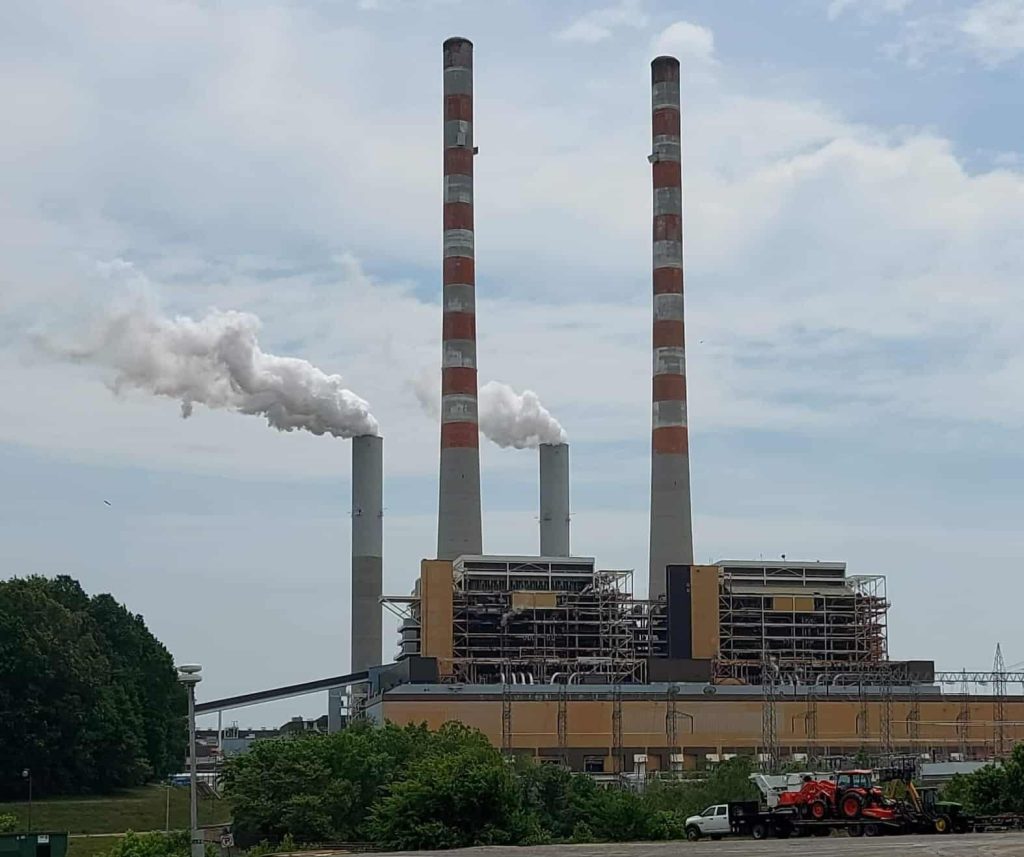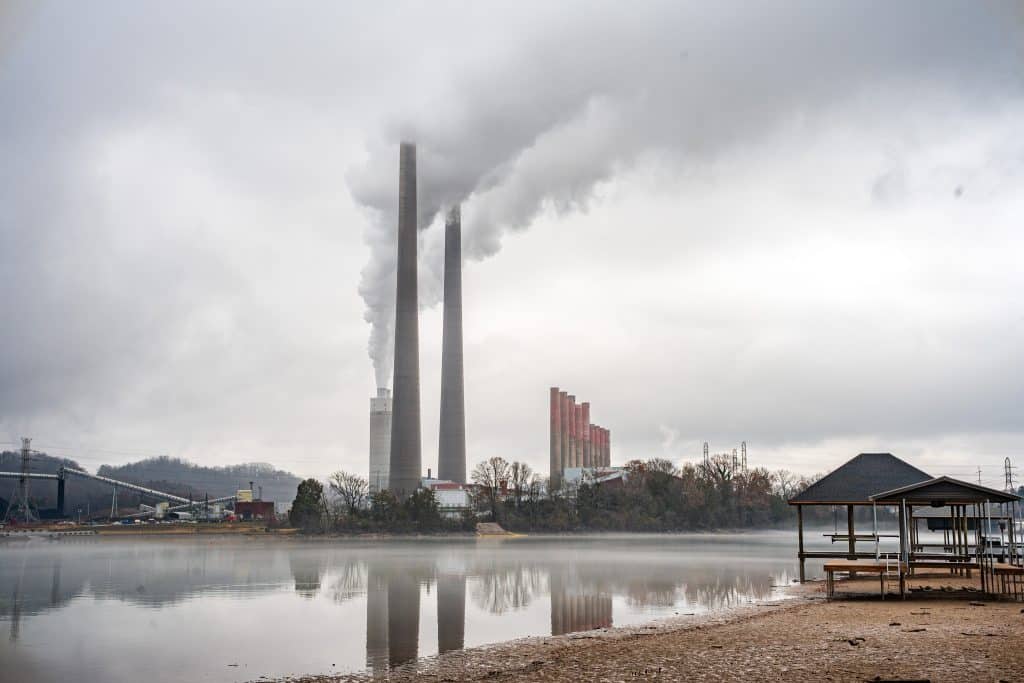Appalachian Beginning Forest Farmer Coalition Receives Federal Grants
Forest farming, a form of agroforestry, is a centuries-old Indigenous practice gaining new traction throughout Appalachia among forest owners, academics, growers and farmers. This spring, a network of these stakeholders known as the Appalachian Beginning Forest Farmer Coalition received two grants from the U.S. Department of Agriculture to continue to expand their interests in reviving forest farming as a sustainable development practice. Founded in 2016, the Appalachian Beginning Forest Farmer Coalition includes forestland owners and farmers, universities, nonprofit organizations and state and federal agencies.
Forest farmers rely on the mutually beneficial relationships between plants, fungi and tree species in order to cultivate and harvest crops. By re-creating symbiotic relationships, forest gardens yield diverse edible, medicinal and decorative species. In Appalachia, farmers plant or propagate native, shade-loving crops such as American ginseng, ramps and goldenseal, along with crops like elderberries and shiitake mushrooms.
The price point for non-timber forest products, once low, is growing with increasing demand for these plants. Beyond the economic benefit producers receive, forest farming has other benefits, such as increasing a forest’s ability to store carbon in the soil, preserving the ecosystem and providing an alternative to foraging these plants in the wild, which can lead to over-harvesting.
The stakeholders in the Appalachian Beginning Forest Farmer Coalition have a common goal of increasing education, resources and support for agroforestry practitioners. The USDA’s renewal funding is intended to help the coalition build upon this work through technical, market sales, and state regulatory training for beginning forest farmers. This training is meant to help farmers navigate the process of meeting forest-grown verification and organic production standards, opening up new market opportunities.
“These new grants will help the coalition expand the practice of forest farming in Appalachia and ultimately nationwide, while also developing a self-sustaining association that supports forest farmers and other critical stakeholders, such as nonprofits, natural resources agencies, academics, and forest-dependent industries,” John Munsell, leader of the coalition, told the Virginia Tech Daily in April.
— By Hayley Canal
Related Articles
Latest News

Leave a comment
Your email address will not be published. Required fields are marked *





Leave a Comment